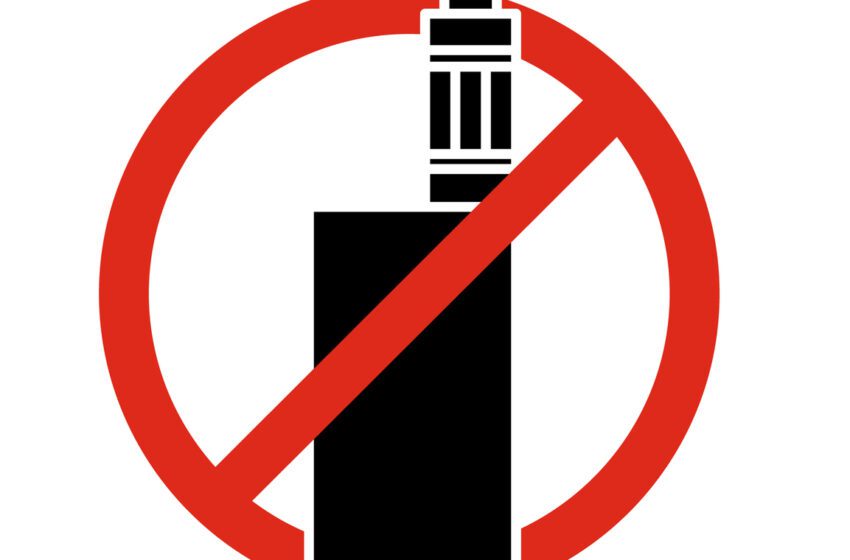A study published in the journal Nature has found those who quit or cut down on smoking using e-cigarettes are less vulnerable to weight gain than those who don’t vape during cessation, reports The Daily Caller.
The randomized controlled trial conducted by Riccardo Polosa and colleagues at the University of Catania, Italy, examined changes in body weight over a year in 300 regular smokers in Catania who were invited to quit or reduce consumption with the help of e-cigarettes.
The trial found that while cigarette quitters gained more weight than those who did not quit at week 12 and week 24, there were no significant differences in weight gain among the quitters and non-quitters at 52 weeks, suggesting that by switching to e-cigarettes, smokers “may limit their post-cessation weight gain, with substantial reversal in weight gain being manifest at late time points.”
The authors noted that 80 percent of smokers who quit experienced post-cessation weight gain and that this was one of the most significant causes of relapse.
In the trial, the researchers compared weight changes among those who used high, medium and zero nicotine strength e-cigarettes.
E-cigarettes made the quitting process “easy, spontaneous and painless” for the participants, and also seemed to “improve cognitive effects during tobacco abstinence,” the authors added.
They noted, however, that the trial’s sample size was small and that their findings could be specific to the particular e-cigarettes they tested.
The e-cigarette they used in the study was Categoria model 401 with 0.13 percent nicotine, 0.09 percent nicotine and 0 percent nicotine, provided by the Arbi Group.
They emphasized the need for more research in the area.











